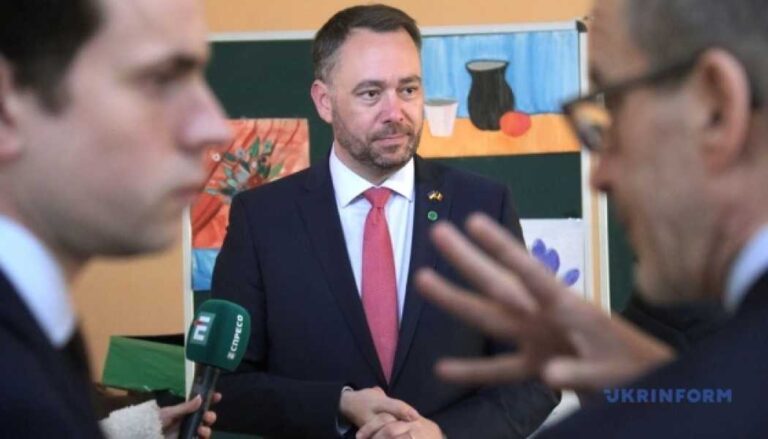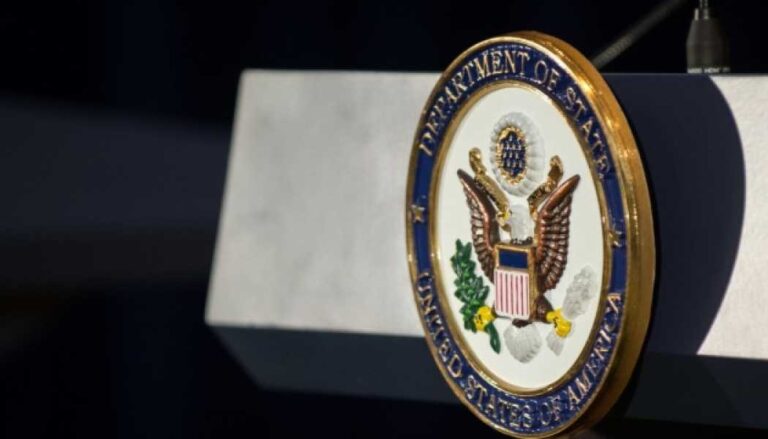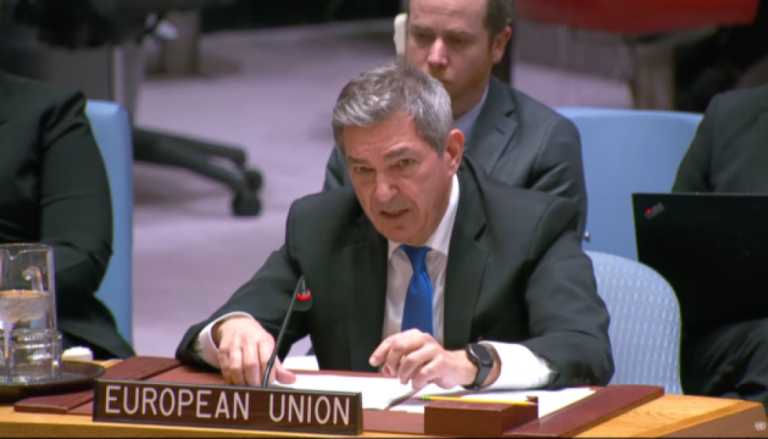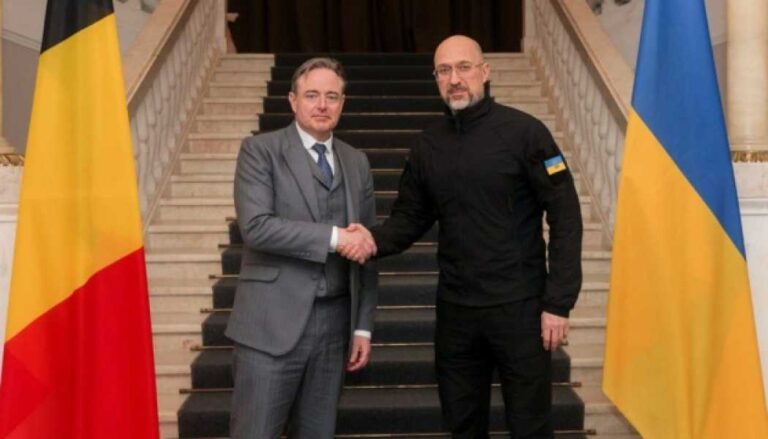Pentagon chief orders US Cyber Command to halt plans against Russia

This was reported on Friday by The Records, a publication that specializes in cybersecurity issues, citing its sources.
It is specified that Hegseth passed the order to the head of Cyber Command, General Timothy Ho, who conveyed these instructions to his subordinates.
The sources said the order does not affect the National Security Agency, which Ho also heads, or its intelligence activities on Russia.
While the exact meaning of Hegseth's directive remains unclear, it signals the White House's desire to normalize relations with Moscow after efforts by the United States and its international allies to isolate the Kremlin over its incursion into Ukraine.
The order will likely affect Air Force Cyber Command, the unit responsible for planning and executing digital operations within U.S. European Command.
Cyber Command has begun work on the order's “risk assessment” — a report that identifies ongoing activities or missions that have been suspended and details potential threats from Russia, the sources said.
The consequences of Hegseth's order for the command personnel are still unclear.
In addition to internal issues, the order could impact some of the command's critical missions, including in Ukraine.
Expecting a full-scale Russian invasion, the command sent “preemptive hunting” groups to Kyiv to strengthen Ukraine’s digital defense.
Russia continues to be a hub for cybercrime, with state and criminal groups demanding ransoms and attacking targets around the world. Cyber Command has become a key player in combating this activity.
Read also: Hegseth on Ukraine's return to borders before 2022: “Everything is possible”
Moreover, the cease-and-desist order could increase risks for the private sector in the United States and around the world if commanders fail to confront Moscow's intelligence and military structures that are taking down hacker groups.
Late last year, Microsoft reported that Russia's Foreign Intelligence Service had targeted government officials and others in dozens of countries to gain access to their devices and systems.
Photo: Bloomberg
Source: ukrinform.net



